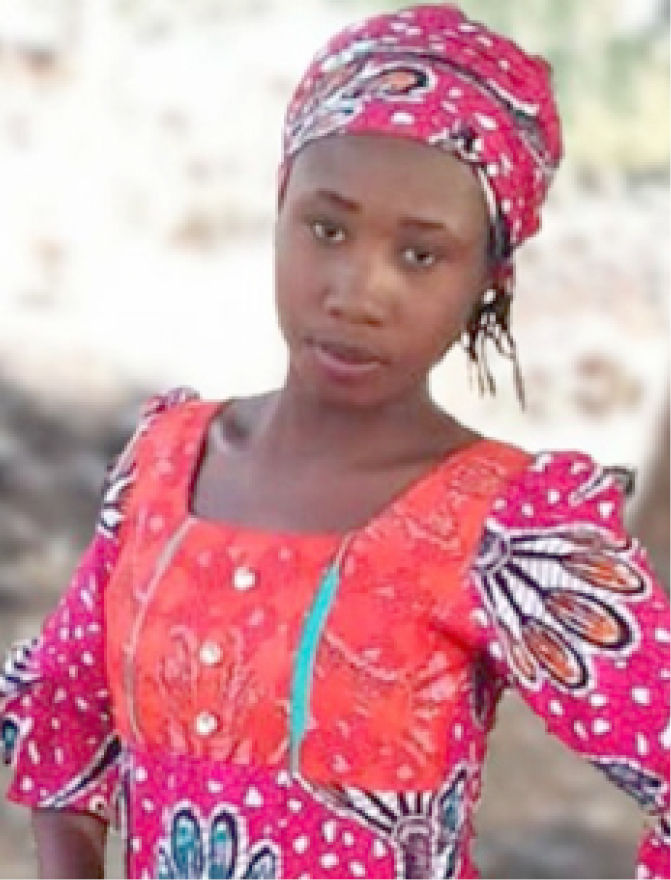Experts and stakeholders in the civil society and media have raised concern over the remaining girls including Leah Sharibu still in Boko Haram captivity, years after the Chibok girls abduction.
They appealed to the incoming administration of Bola Ahmed Tinubu to recover the remaining girls.
The experts made the call Saturday in Abuja after a media screening of a documentary that showcased the lives of survivors, parents, and siblings of the Chibok girls’ abduction, organized by Women Radio 91.7 FM, titled, “Nine years’ life after Chibok abduction.”
The panelists said the abduction of the Chibok girls in 2014 had remained a painful memory for many Nigerians, stressing that the incoming administration has a unique chance to make significant progress towards finding the girls and reuniting them with their families.
Hamzat Lawal, a panelist and Chief Executive Officer of Connected Development, echoed the importance of stakeholders continuing to give a sense of hope to the families and survivors.
“We need to keep hope alive and continue to press for action to ensure that this new government, and maybe one way we can hold them to account is that the person who has emerged as the next Vice President, Senator Kashim Shettima, was the sitting governor when this happened.
“So, maybe he would use the Office of the Vice President or the presidency infrastructure to respond to this call-to-action,” he said.
Adaora Sydney-Jack, Executive Director of Gender Strategy Advancement International, emphasized the need for the government to be more forthright in giving feedback and information to galvanize action towards the rescue of the girls.
“The gaps between the time when the girls got missing, and the social mobilization of the social media and attended by the traditional media was a lot of time and in between that, the international media and other countries have already taken a turn to decide what narrative that the story should take.
“The government needs to be more transparent and communicate more with the families and stakeholders. We need to know what they are doing and what steps they are taking to bring back our girls,” she said.
Murtala Abdullahi, a journalist and panelist, raised concerns about the lack of information available to Nigerians regarding the care of the rescued girls and their families.
“We need to know what the government is doing to support the girls and their families. Nigerians need to hear more about the care and rehabilitation of the girls that have been rescued,” he said.
Bukky Shonibare, Executive Director of Invictus Africa and member of Bring Back Our Girls Movement, emphasized the role of the media in creating a spotlight on the issue and making it a priority for the government.
“The media needs to keep the issue in the public eye and create a sense of urgency. Whatever the media creates a spotlight on, the government will take as a priority of the people,” she said.
Toun Okewale Sonaiya, co-founder Women Radio 91.7 and executive producer of the documentary, pointed out the need for the media to intentionally report these cases and keep the conversation going.
“We should not wait till commemorative dates before referencing the remaining Chibok Girls and the only Dapchi girl still in captivity, Leah Sharibu. We should keep the issue of the girls in incarceration on the front burner as constant reminders to the government to work harder in recovering our girls who are now women because their parents and Nigerians need closure,”Sonaiya said.
Esther Alaribe, head of programmes Women Radio who moderated the conversation, charged media platforms to commit to a weekly reportage of the status of the Chibok girls and their families.

 Join Daily Trust WhatsApp Community For Quick Access To News and Happenings Around You.
Join Daily Trust WhatsApp Community For Quick Access To News and Happenings Around You.


